Coping with Divorce
Supporting Young People Experiencing Caregiver Separation or Divorce
Separation and divorce disrupt the family structure a young person depends on for stability, often leading to intense feelings of uncertainty, confusion, and anxiety. However, with the proper support from the adults in their lives, children can learn how to cope.
How does separation or divorce impact young people?
For many young people, the pain of loss from divorce can feel just as profound as losing a loved one to death. Caregiver Separation and Divorce can profoundly change a young person’s sense of safety, stability, and beliefs about family. Divorce can bring feelings of confusion, guilt, or abandonment as young people adjust to new living arrangements, shifting family dynamics, and the potential of emotional distance from one or both parents. Adjusting to new family structures can be challenging, and many young people need extra support during this transition.
How does Rainbows provide support?
For over 42 years, Rainbows for All Children has supported hundreds of thousands of youth through grief, loss, and uncertainty. We continue to serve all young people—regardless of age, race, gender, or financial circumstances. If you or a young person you know is having a hard time with loss or change, [click here] to find Rainbows programming near you. Our programs are always free for participants, anywhere in the world where groups meet.
By joining the Rainbows community— whether as a participant, caregiver, or trained facilitator— you’ll gain access to an engaging, evidence-based curriculum, and a group of peers who understand. Sign up today, and become part of a compassionate, supportive network committed to helping young people process their experiences, grow, and thrive through life’s most challenging moments.
Helpful Resources for Separation/Divorce
Supporting Youth Through Familial Divorce and Separation
Parenting and Caregiving Through Divorce and Separation
Resources for Parents Navigating Separation/ Divorce
General Resources
Resource Archive
Categories
Find More Resources
We provide resources for all forms of grief.

Death
Of all the children in America, around 15% will experience the death of a family member or sibling. Even though death is ultimately a fact of life, it can be hard for anyone to experience this kind of loss, let alone a child.
Separation/Divorce
There are about 1.25 million divorces per year in the United States. Of all U.S. children, 50% will witness the breakup of their parents’ marriage, and almost 50% of those children will also see the breakup of a parent’s second marriage.
Incarceration
One in 28 children will have a parent become incarcerated before their 18th birthday. Approximately half of children with incarcerated parents are younger than 10 years old.
Deportation
When a parent, caregiver or sibling is deported, or even when there is the threat of deportation, the whole family suffers.
Military Deployment
Parental deployment is a form of loss that 3% of American children experience. This can be a very difficult adjustment for children, who may not be able to see or speak to that parent regularly, and may also experience a great deal of stress when worried about their parent or guardian’s safety.
Significant Illness
A child coping with the significant illness of a parent, caregiver or sibling can face many challenges.
Community Crisis
Community crises, such as natural disasters, pandemics or political unrest, cause confusing emotions for children. Rainbows’ programs can help children navigate difficult times and provide a sense of stability.

Find A Support Group
Rainbows’ programs help children grieving the loss
of a parent or guardian due to death, divorce/separation,
deployment, deportation, incarceration or trauma.



